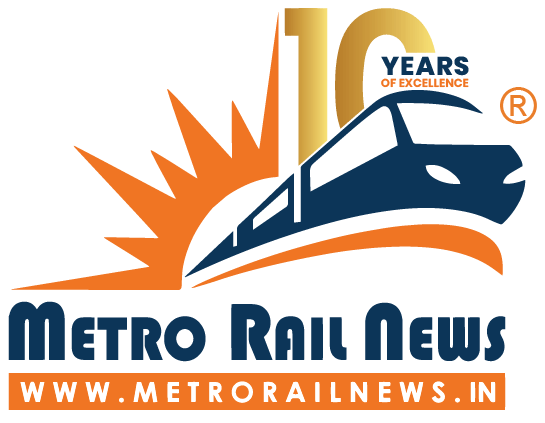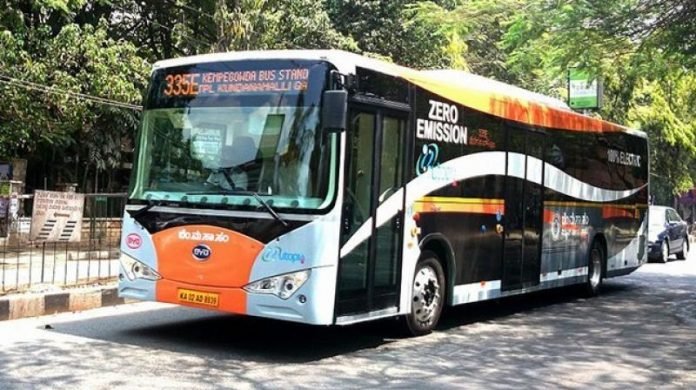DELHI (Metro Rail News): The Delhi Metro Rail Corporation (DMRC) floats tender to run AC e-feeder buses service, The DMRC has decided to introduce Air-Conditioned (AC) electric midibuses for feeder service. The feeder bus services in the national Capital will get more comfortable soon.
Tender for procuring, operating and maintaining 100 AC e-feeder buses has been floated for North and East Delhi to provide better last-mile connectivity as well as to curb pollution. Also, the AC e-feeder buses will be coming for the first time under DMRC.
Recently DMRC has a fleet of around 269 buses (Non-Ac) to provide better last-mile connectivity. According to the sources, the Delhi Metro’s plan was to procure around 420 electric and CNG feeder buses, for which tender was also floated in 2018 but it did not receive much interests from the bidders.
buy effexor online blackmenheal.org/wp-content/languages/new/effexor.html no prescription
According to the sources, The Delhi Metro Rail Corporation (DMRC) last year had a proposal to purchase 400 plus buses for feeder services. It has decided to procure low floor disabled-friendly buses in both electric and CNG mode and tender was also issued for all clusters such as North, East, West, South and Central Delhi, but somehow it could materialize. However, the proposal is to purchase 100 cluster buses for North and East clusters.
Delhi Metro will outsource a private company to procure, operate and maintain these buses, while it will provide space and facility in its depot to install, commission, operate maintain battery charging infrastructure for these ‘MIDI AC Electric Buses’. The depot for the North and East clusters will be created at Majlis Park and Shastri Park.
The midi AC buses will have a seating capacity of 23-34 passengers. The estimated cost of 50 buses under East Cluster is Rs 183.05 crores, while the budget for the North Cluster is Rs 179.62 crore.
The buses will be purchased by the DMRC, while the travel routes for these buses will be prepared and approved by the Delhi Transport department. Besides, the buses will also have CCTV cameras, GPS and panic buttons for the safety and security of passengers.
Recently, about two lakh people travel daily in the feeder buses. Apart from feeder buses, the DMRC provided various other modes of transport such as e-rickshaws, cycle sharing services, electric bikes, and online cab booking services in its metro stations for the last mile connectivity.
As a matter of fact, DMRC has a network metro route of 373 km with 271 metro stations. Providing last-mile connectivity is a critical component to an effective integrated public transport. Last-mile connectivity helps to promote the use of public transport and also provides speedy and easy access to metro stations and to transit point/destination.
According to a senior official, “DMRC is planning to introduce Air-conditioned Electric bus services on feeder routes to contribute to seamless travel and also reduce pollution level as less vehicles would be on the roads once a robust public transport system backed by last-mile connectivity is provided to the people.”





